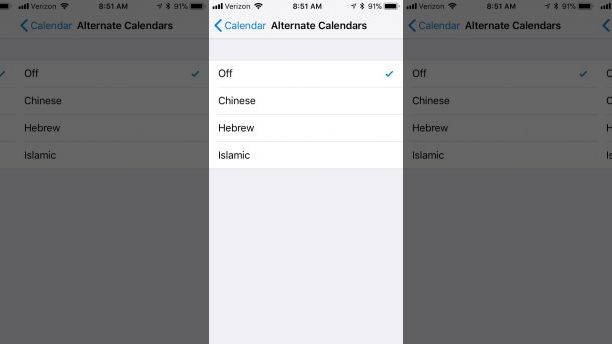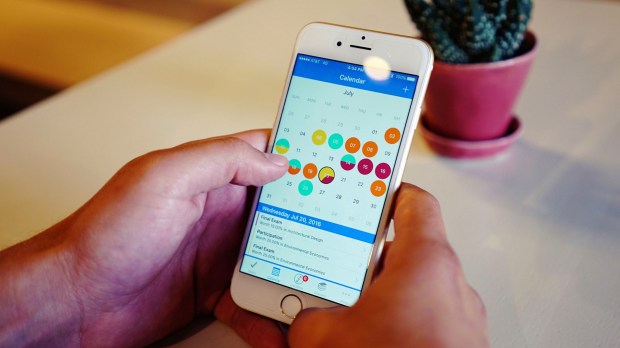Christians who are looking for Easter on their iPhone calendars were perplexed to find that what for them is the holiest day of the year was no longer included. The change came after the most recent update to the Apple operating system, which saw the removal of some religious holidays from the secular calendar.
Confusion arose when people began to notice that other, largely secularized, Christian holidays — St. Patrick’s Day, St. Valentine’s Day, Christmas Eve, and Christmas — were still listed on their appropriate days, while Easter, which celebrates the resurrection of Jesus Christ from the dead, was missing. Many users have left comments voicing concern over the change:
“While looking for the date of Easter Sunday in 2018, I noticed that it was missing from the calendar while “indigenous peoples” day, St. Patrick’s Day, etc. were present, and I would like to know why. Why has Easter been omitted, and when will it be reinstated?”
“How come Easter has been removed from the calendar from my MacBook Pro and iPhone?”
Apple offers several selections for world calendars, including Chinese, Hebrew, and Islamic, yet even after removing Easter from the secular calendar, they offer no Christian alternative on iOS 11.2.5. MRCTV.org points out that the Hebrew calendar is also missing several major Jewish holidays, such as Yom Kippur and Rosh Hashanah.
According to Pew research there were approximately 2.3 billion Christians in the world as of 2015, making it the world’s largest religion. This has prompted questions as to why the Islamic and Jewish faiths are offered their own calendars, by Apple, while the company’s sizable Christian consumer base is left to fend for themselves.

There are ways around this calendar change, one helpful user directed patrons to a website where a 3rd party calendar can be downloaded to your iPhone:
“Apple has separated out holiday types. Religious holidays are no longer included in the default calendar. Instead, you can install a calendar that is specific to your religious needs. Here’s a calendar that is specifically for Christian holidays: https://www.calendarlabs.com/ical-calendar/religious/christian-holidays-41/”
While Apple has not released an official statement on the topic, some users have spoken to help desks. One user was hopeful that the situation would be resolved quickly:
I contacted Apple Support via Twitter, and they are aware of this issue. They suggested that we keep our software updated, so a fix must be in the works. Hope this helps.
Another Apple customer was less than thrilled with the conversation they had over the phone:
“The first service rep I spoke with was sorta rude and dismissive but she forwarded me to someone who has been very helpful,” they continued, adding, “He had not been aware of the omission and sent a service inquiry. He phoned me back and sadly to him, informed me the response he received was, the calendar is as it should be and Apple decided to omit Good Friday and Easter from the US Holiday Calendar which is supplied on its products. This makes absolutely no sense.”’

